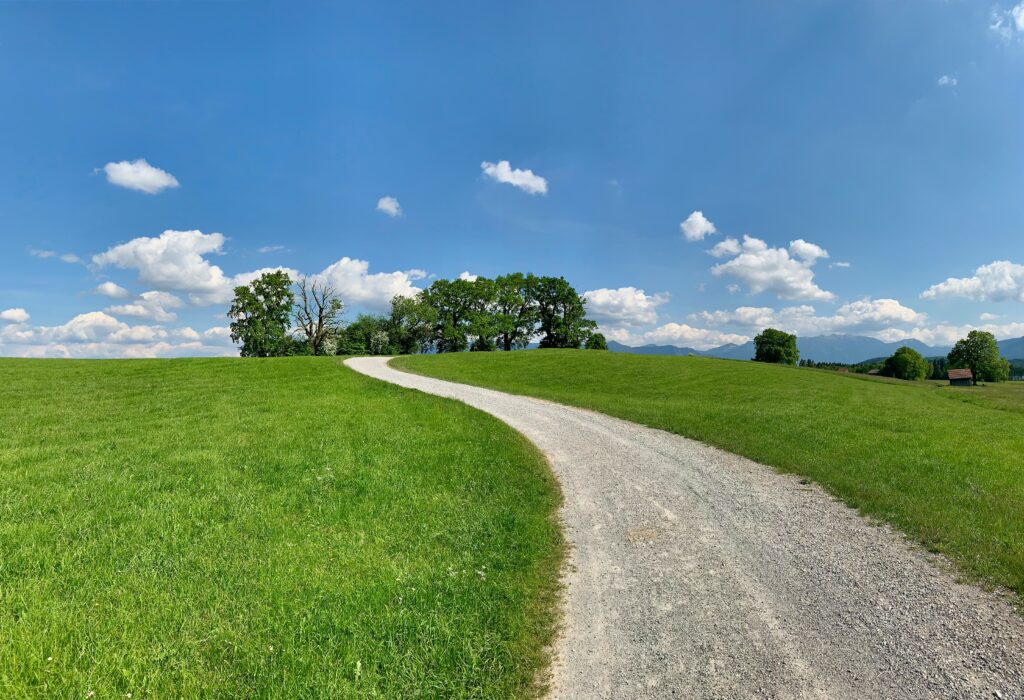Three simple words in the title of this week’s article conjure up a wide array of thoughts, depending on the context. To the man who is always seeking something better, never satisfied with where he might be in life, he assumes that the grass is always greener on “the other side.” The socialites who hobnob with the rich and famous look down their noses on those who might live “on the other side” of the tracks. Wars have been fought with those who are “on the other side” of whatever it is they were fighting about. A hunter might find himself fortunate to know that the grizzly bear or much smaller ‘polecat’ is “on the other side” of the valley or river.

In Luke 10 we read of four men, one of whom was a victim to those who were “on the other side” of law and order. Another man was on “the other side” of the pure pedigree of the seed of Abraham, for he was a Samaritan. There are two more men in this story: a priest and a Levite. Of both men it is said that they “passed by on the other side” (Luke 10:31-32). There is something intriguing in those words. Three words that suggest there are two sides. From their standpoint, “the other side” was the side of inconvenience and a delay in their busy schedule. After all, they were headed home from a busy day in the Big City! They had completed whatever business it was that had brought them to Jerusalem. It was time to go home. What they failed to see was the fact that “the other side” was the side of opportunities to demonstrate a benevolent heart and care for one’s fellow man. On “the other side” was the call for self-denial, and of giving and receiving. Unfortunately, they could not see those things lying “on the other side” of the road. I am not suggesting they were aware of what really awaited them on “the other side.” They were too busy to see the opportunity that was theirs at the moment.
In the parable of the Good Samaritan Jesus teaches us that it not WHO you are but WHAT you are that is important. Our Lord taught us that eternal life does not consist of performance of just one act, but fervently practiced religion (James 1:27). Strict ceremonialism cannot take the place of genuine concern for others. An opportunity buried is an opportunity lost. After all, that which a man does not use will be taken from him. The man who does no more than to ‘hold his own’ loses what he seeks to hold. Alexander Graham Bell is credited with having said these words:
When one door closes, another opens, but we often look so long and regretfully upon the closed door that we do not see the one that has opened for us.
It does not take a man beaten, lying half-dead on the side of the road to test our concern for our neighbor. It could very well be that opportunities pass us by every day, and we fail to see them because we are on “the other side” looking the other way and neglecting to see what God can do with us if we will only let Him have His way in our life. In Meredith Wilson’s MUSIC MAN, Professor Hill tried to get Marion the librarian to go out with him. He asked her to meet him at the footbridge across the stream running through the park. She wanted to, but she refused. She said, “Please, some other time. Maybe tomorrow.” The professor persisted, yet she continued to put off their meeting. Finally, in exasperation, he said, “Pile up enough tomorrows and you’ll find that you’ve collected nothing but a lot of empty yesterdays.”
May it never be said of us that we failed to see and use our opportunities because we closed our eyes and stood on “the other side.”
-Tom Wacaster, (other articles can be found at https://tomwacasterpen.blogspot.com/) -submitted by Jerry Sturgill
Leave a Reply